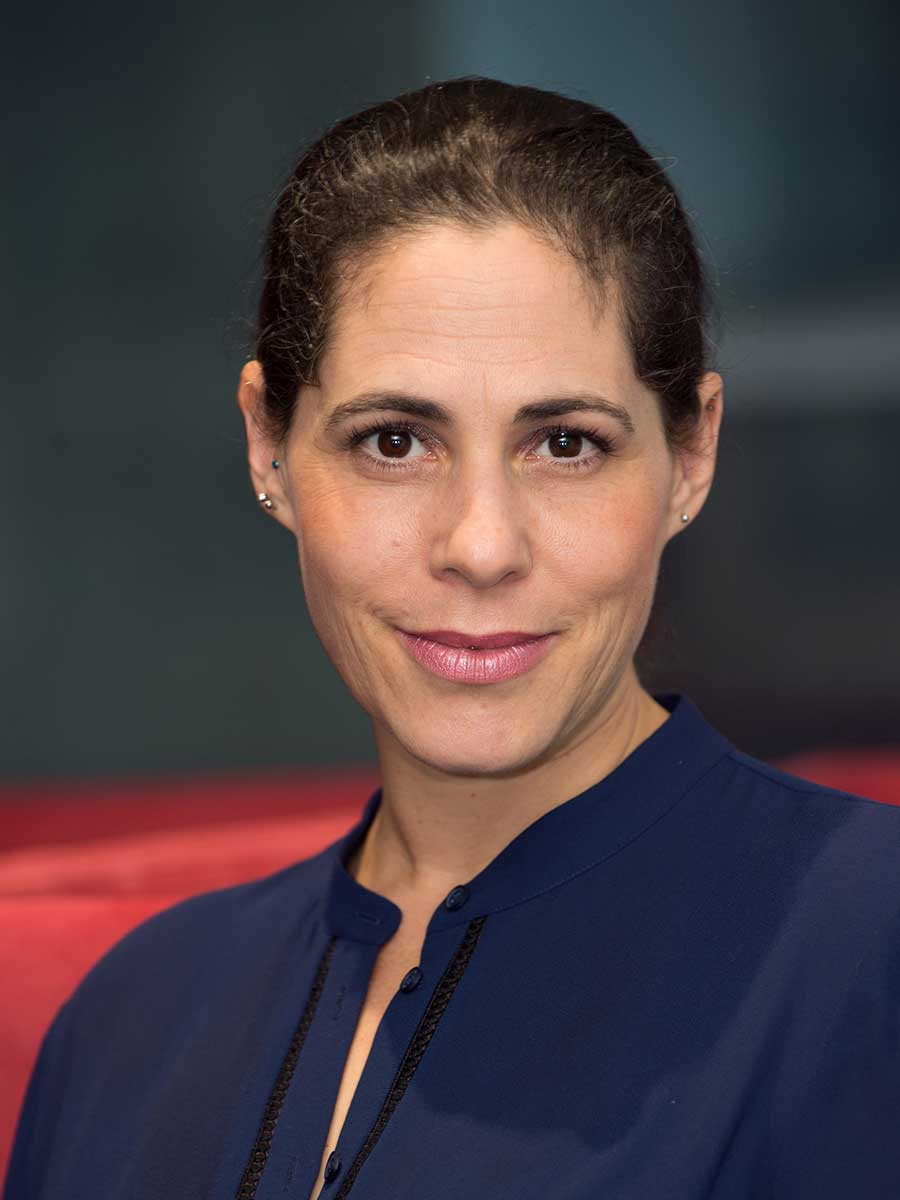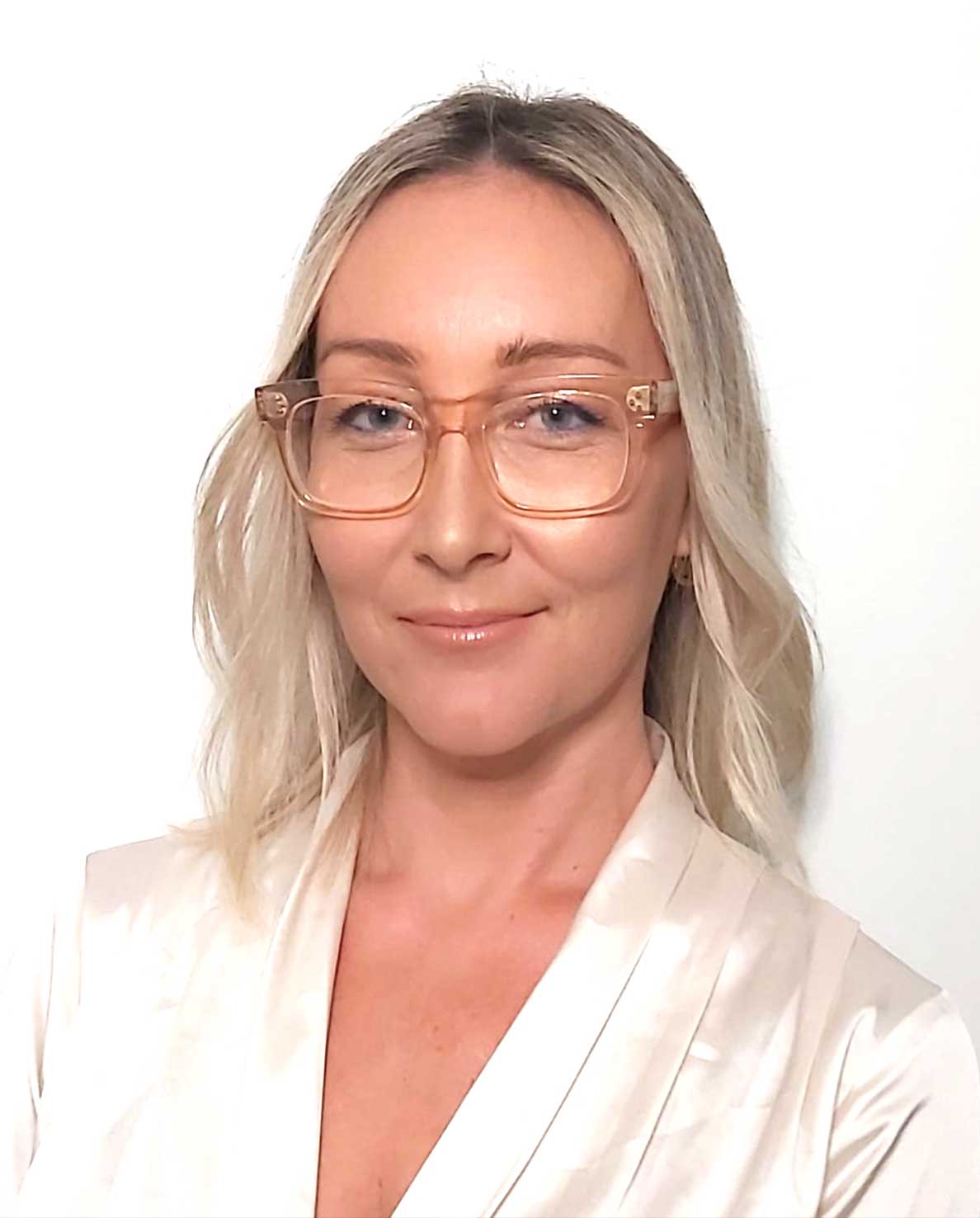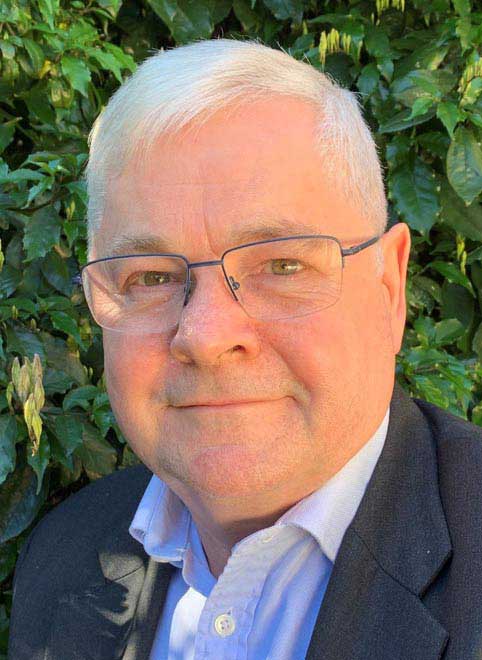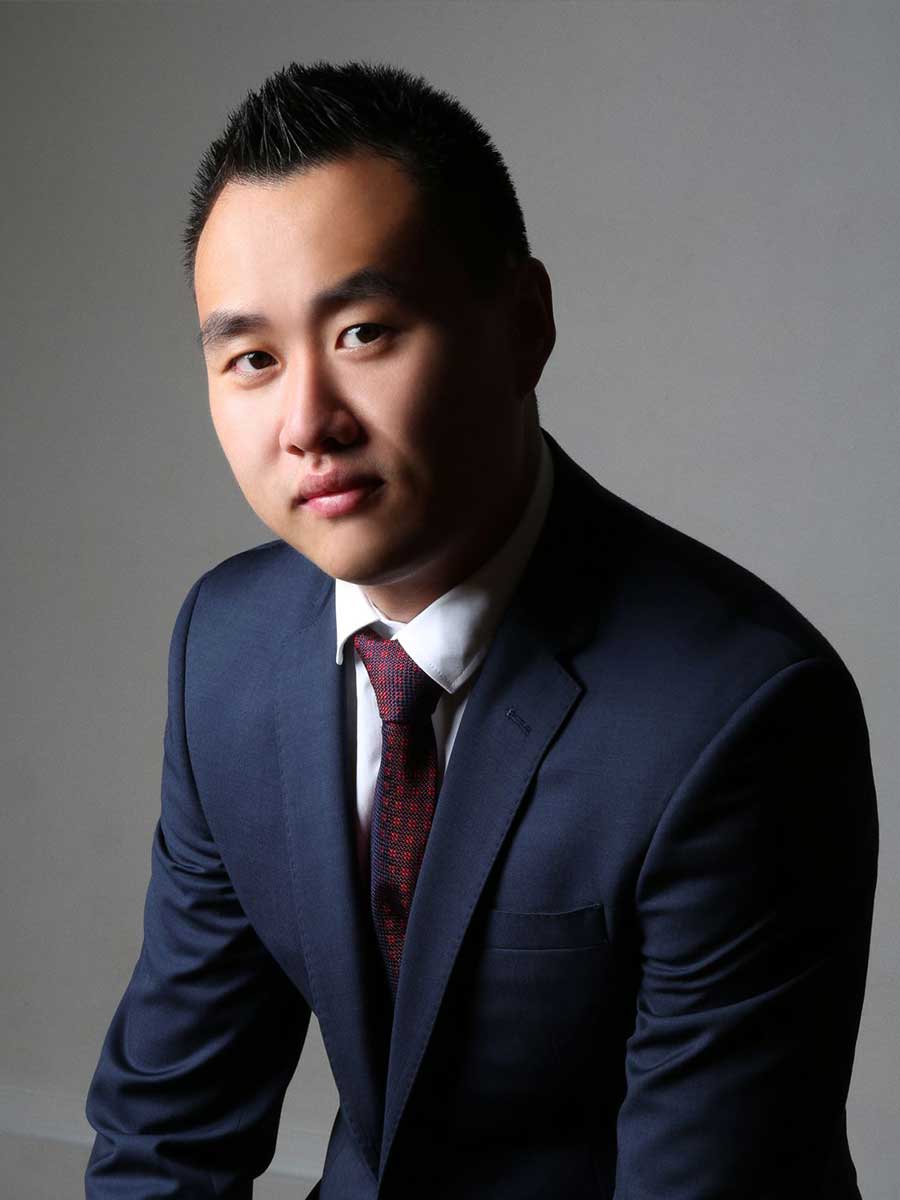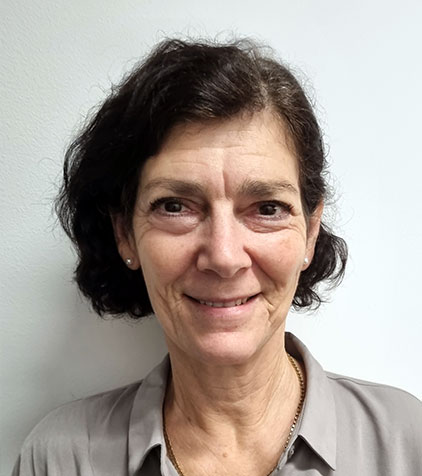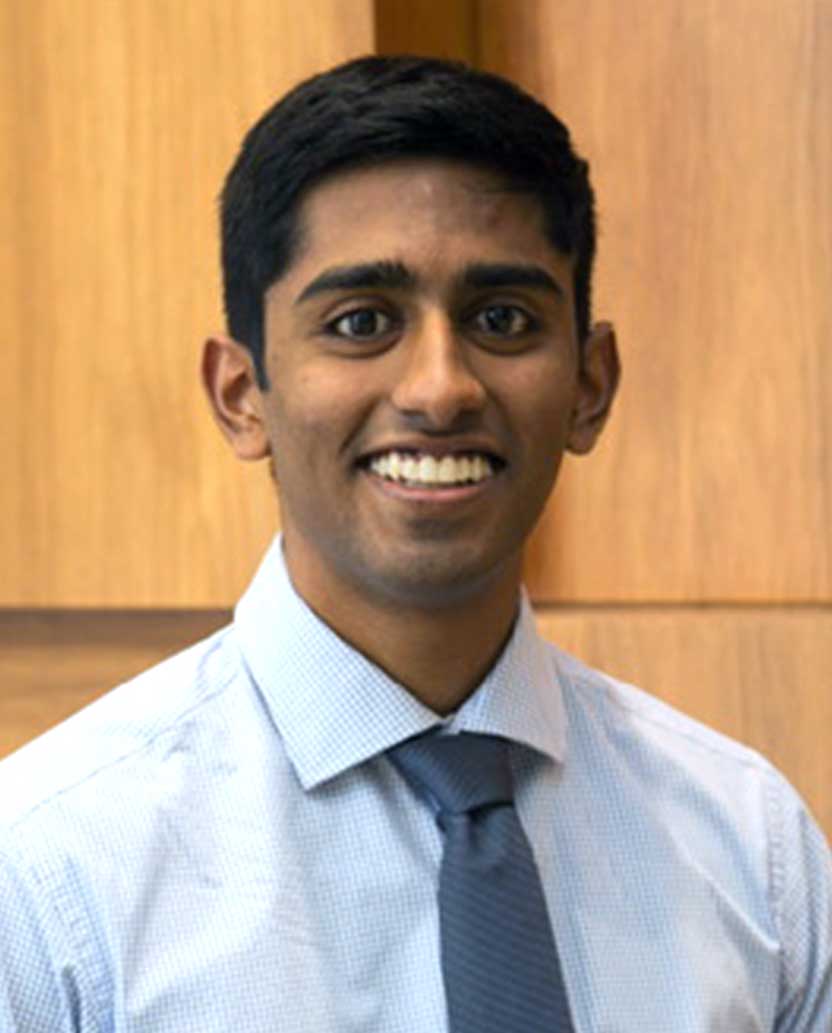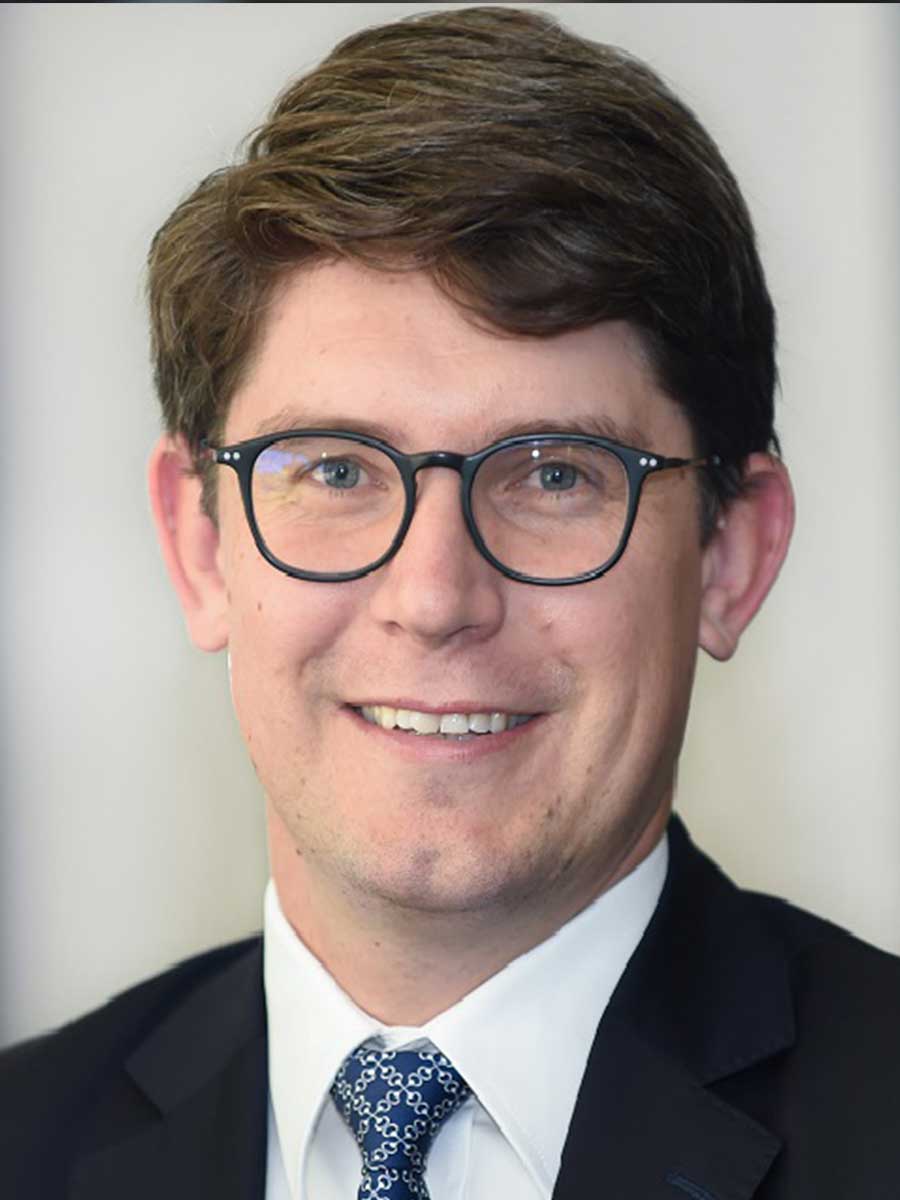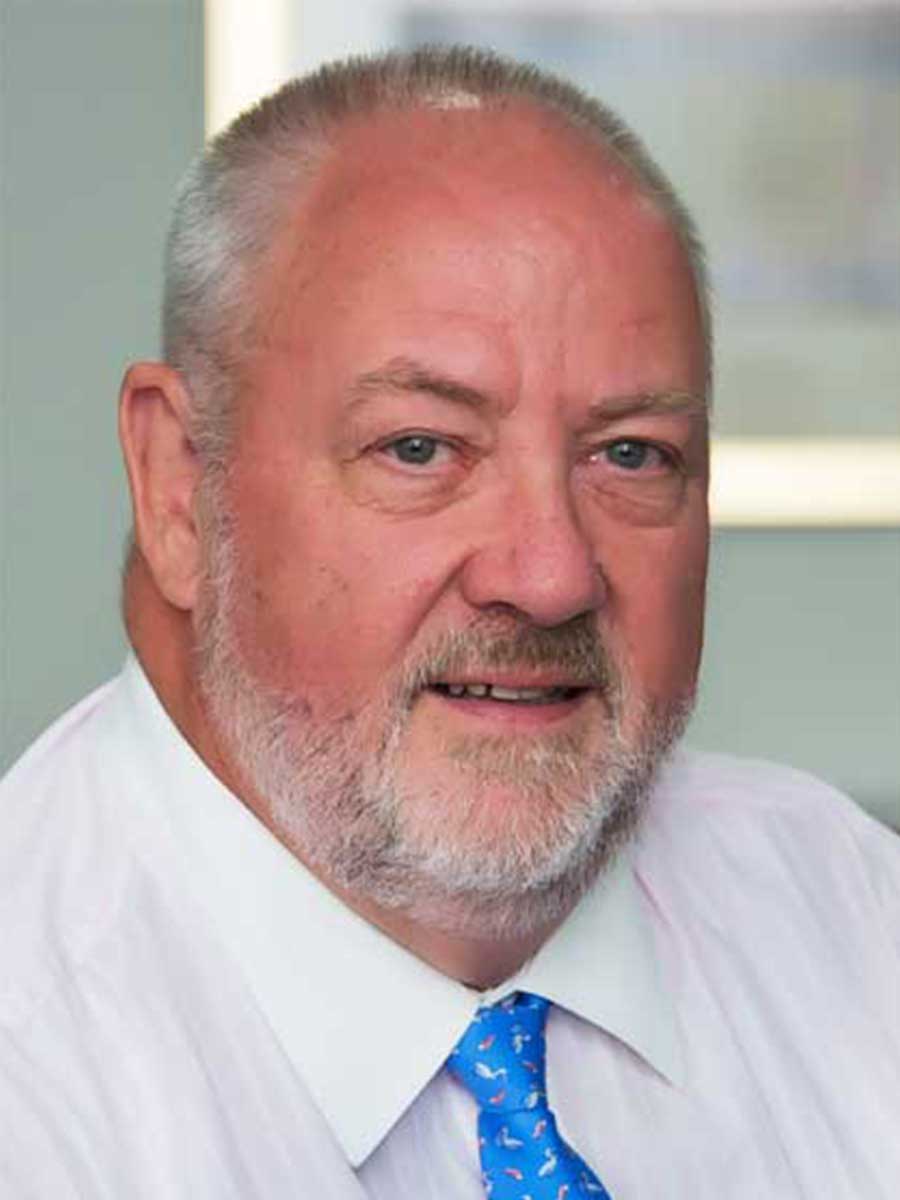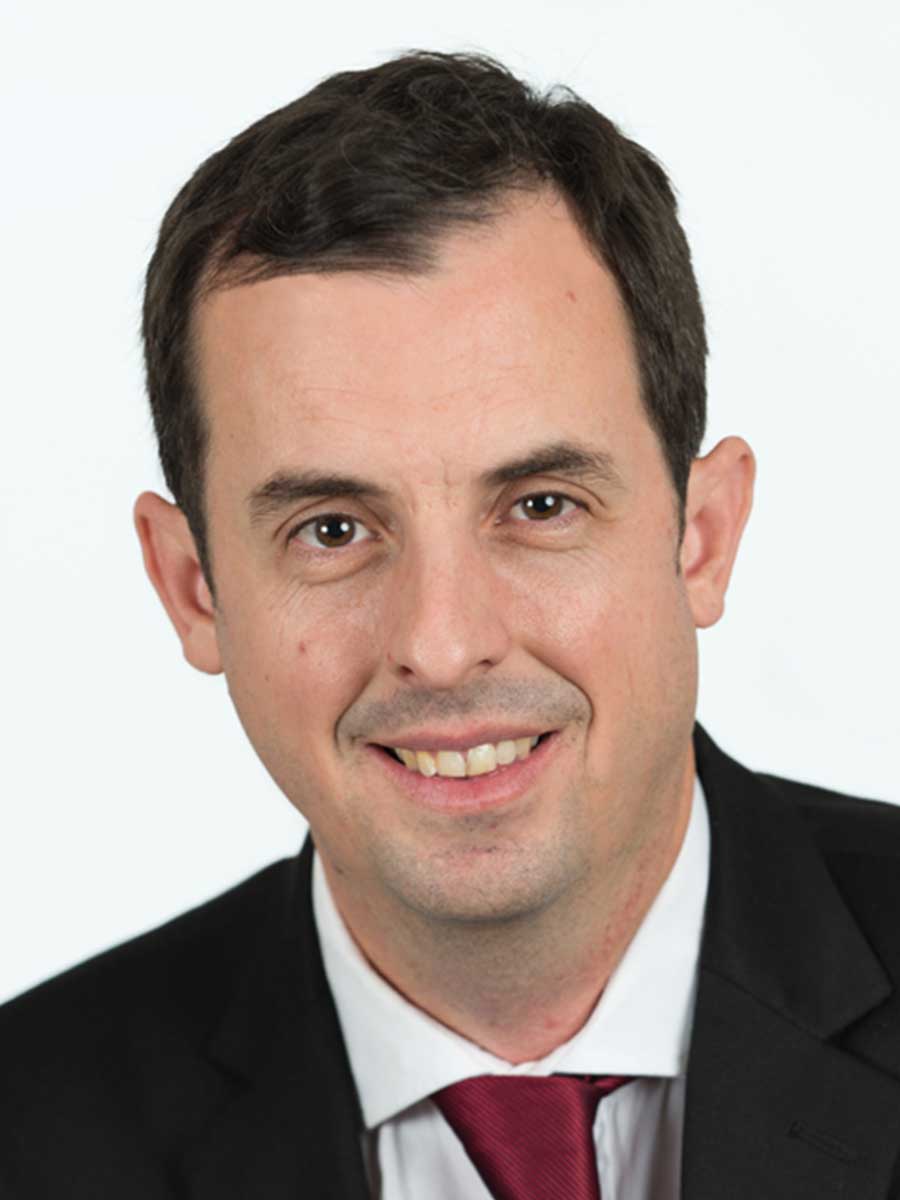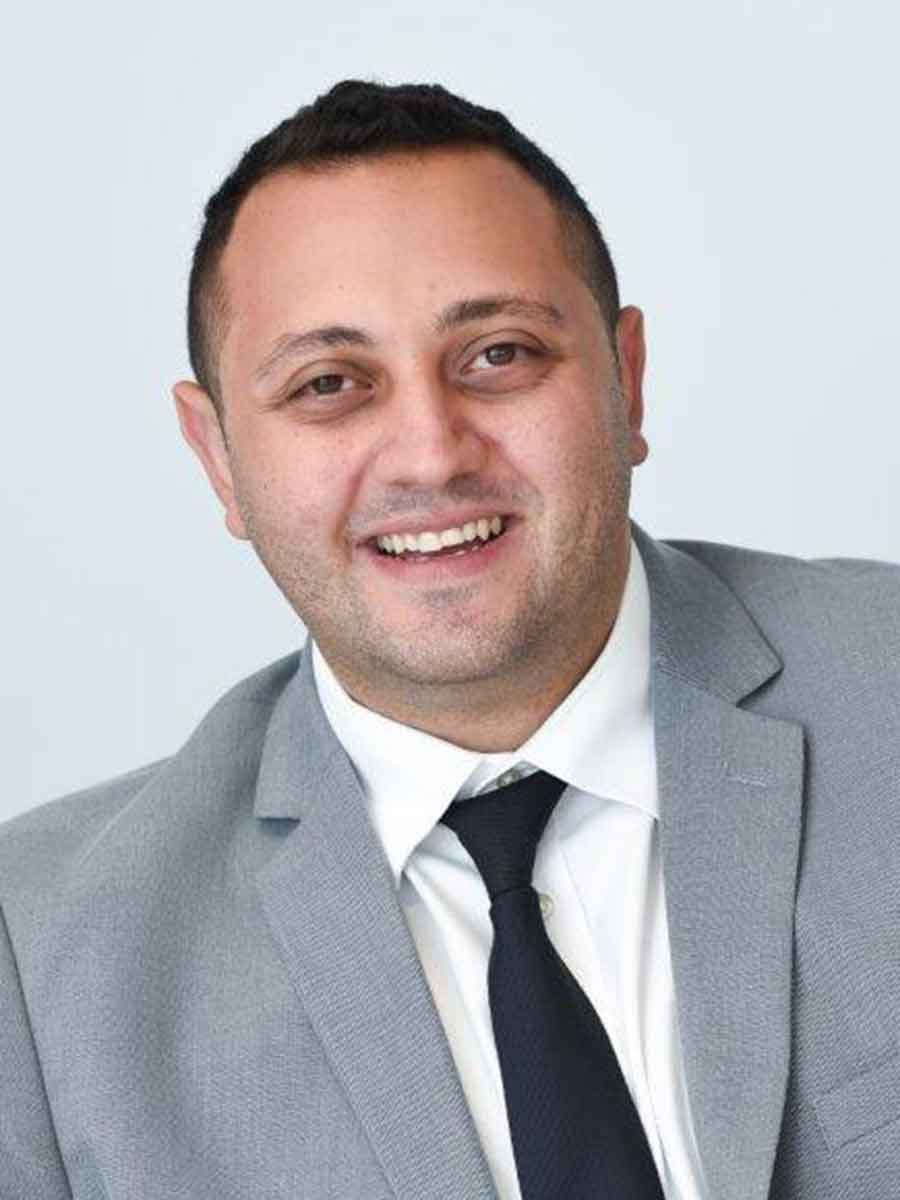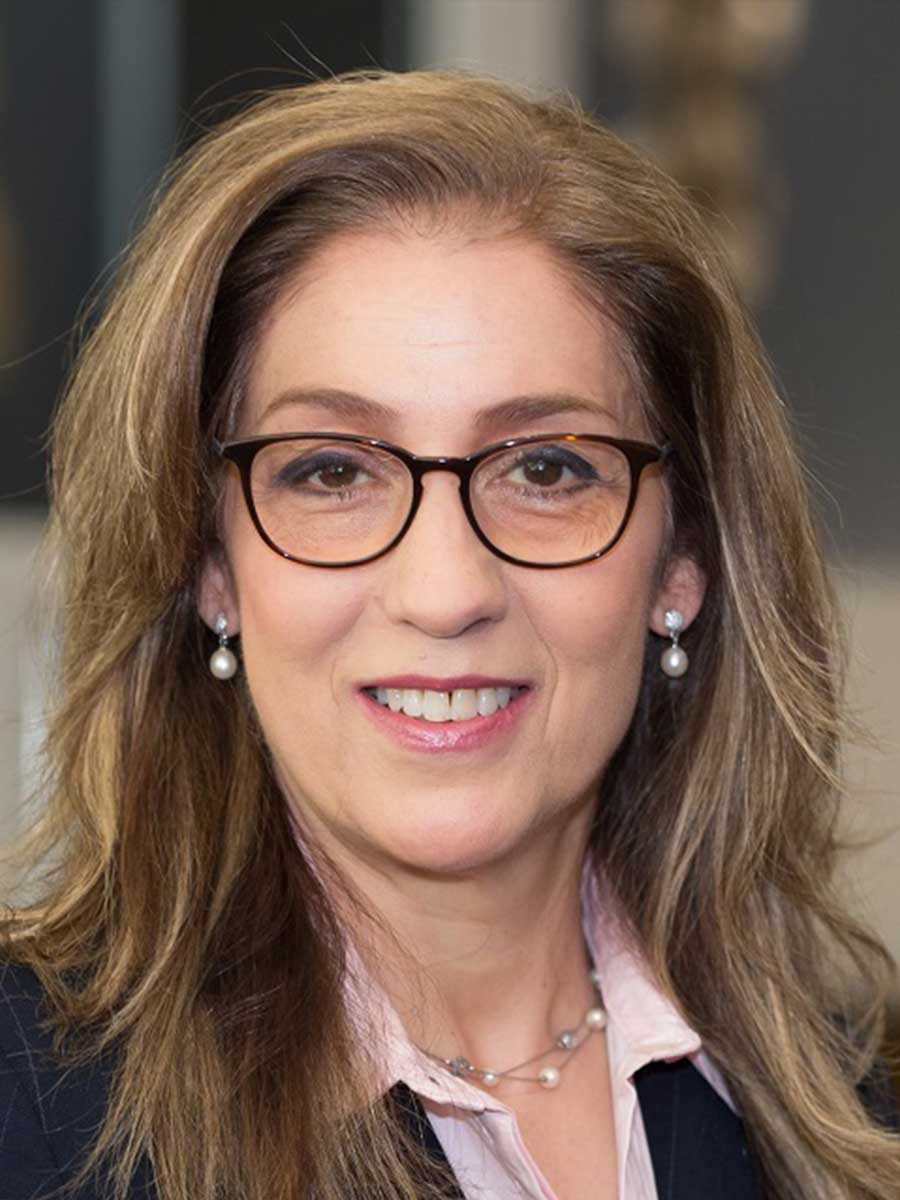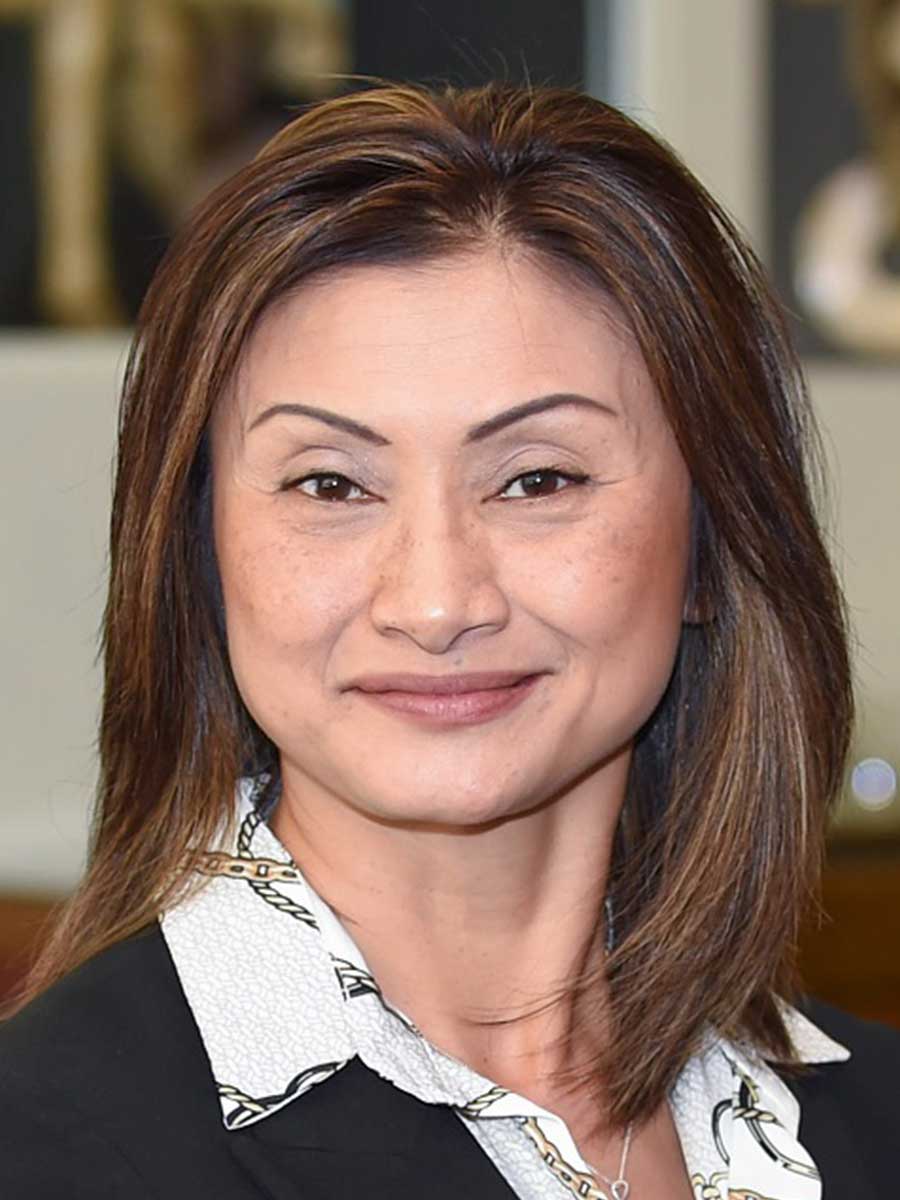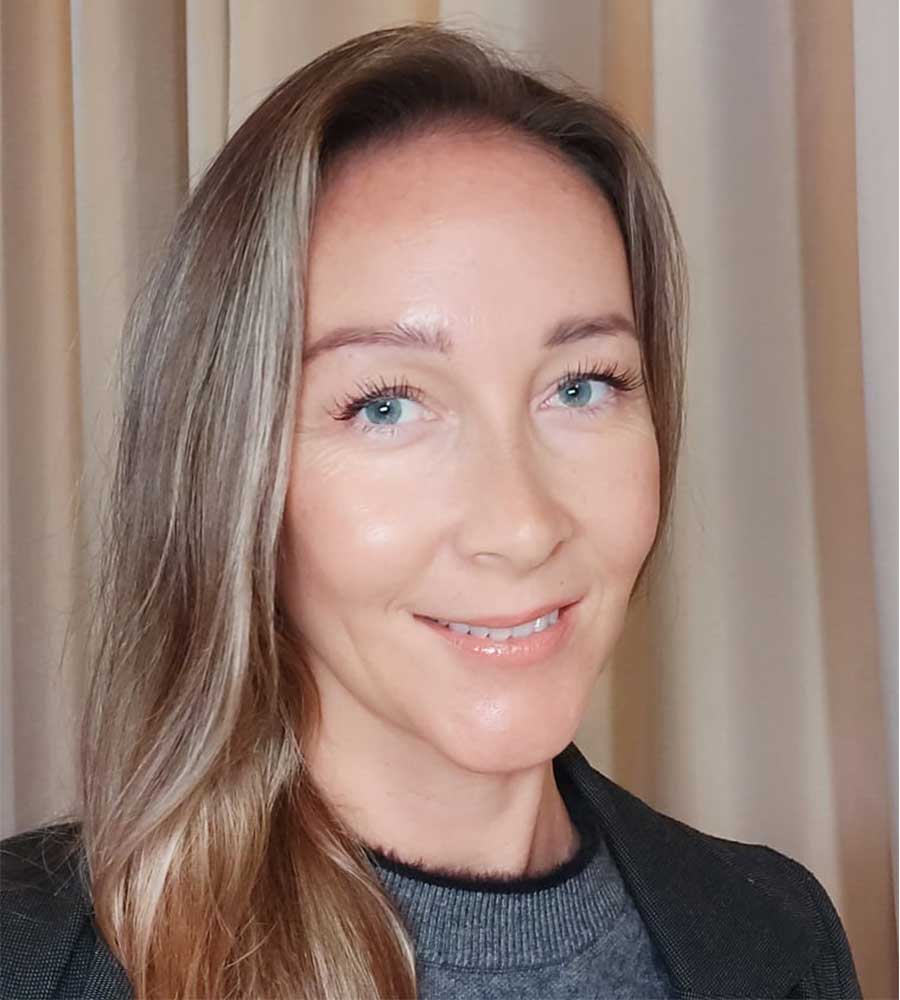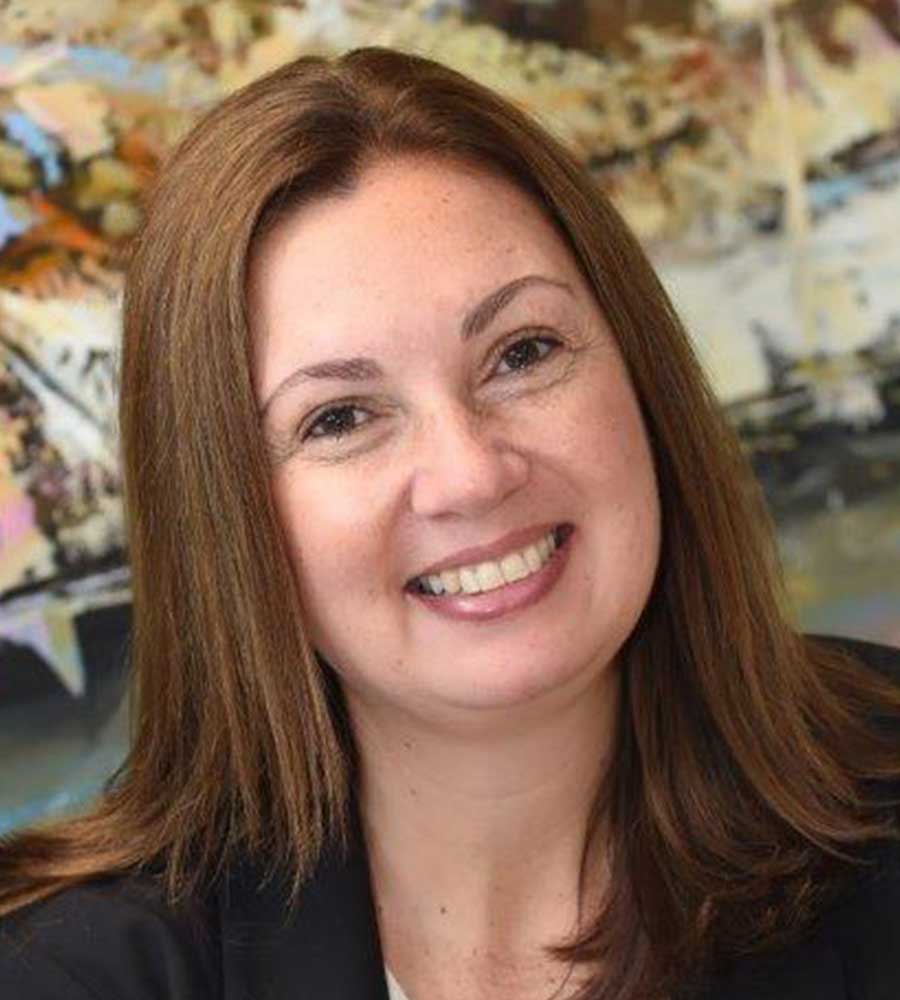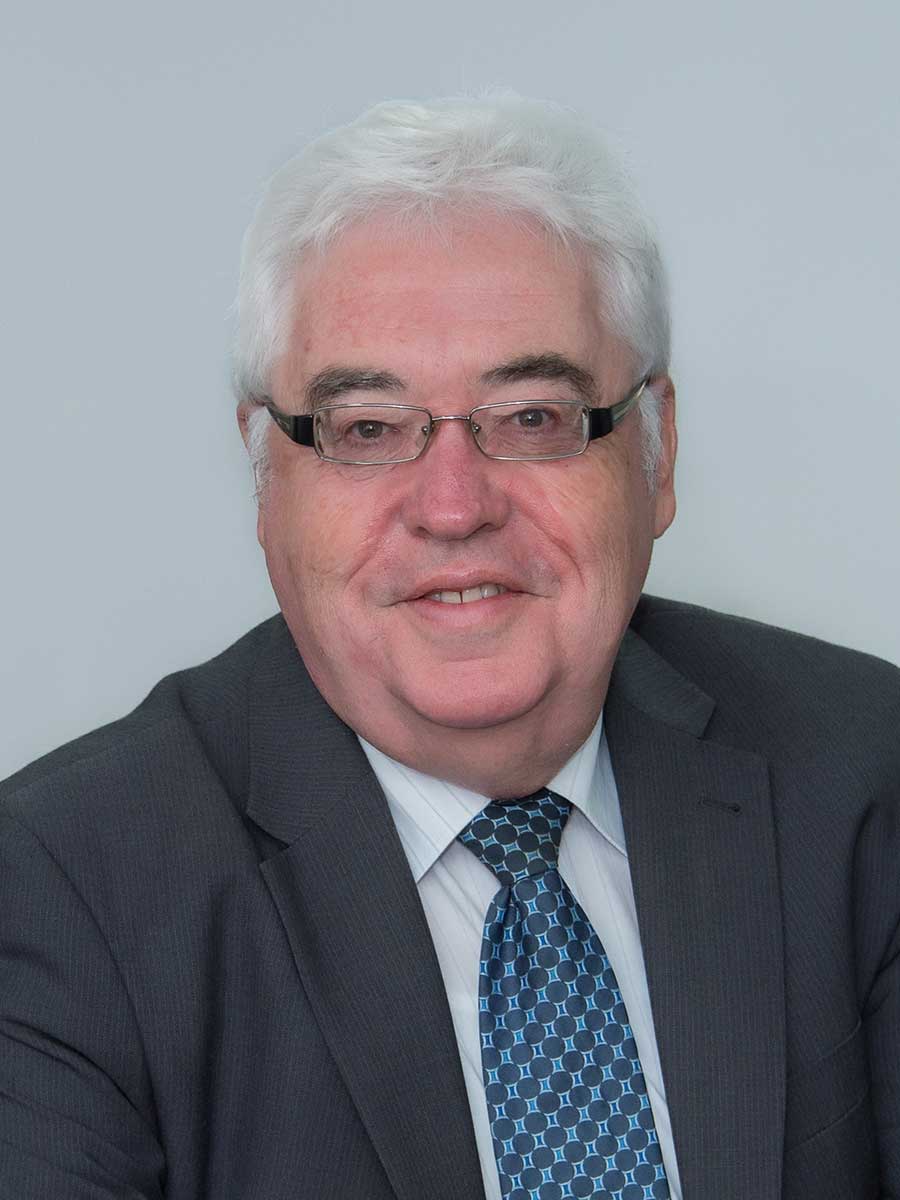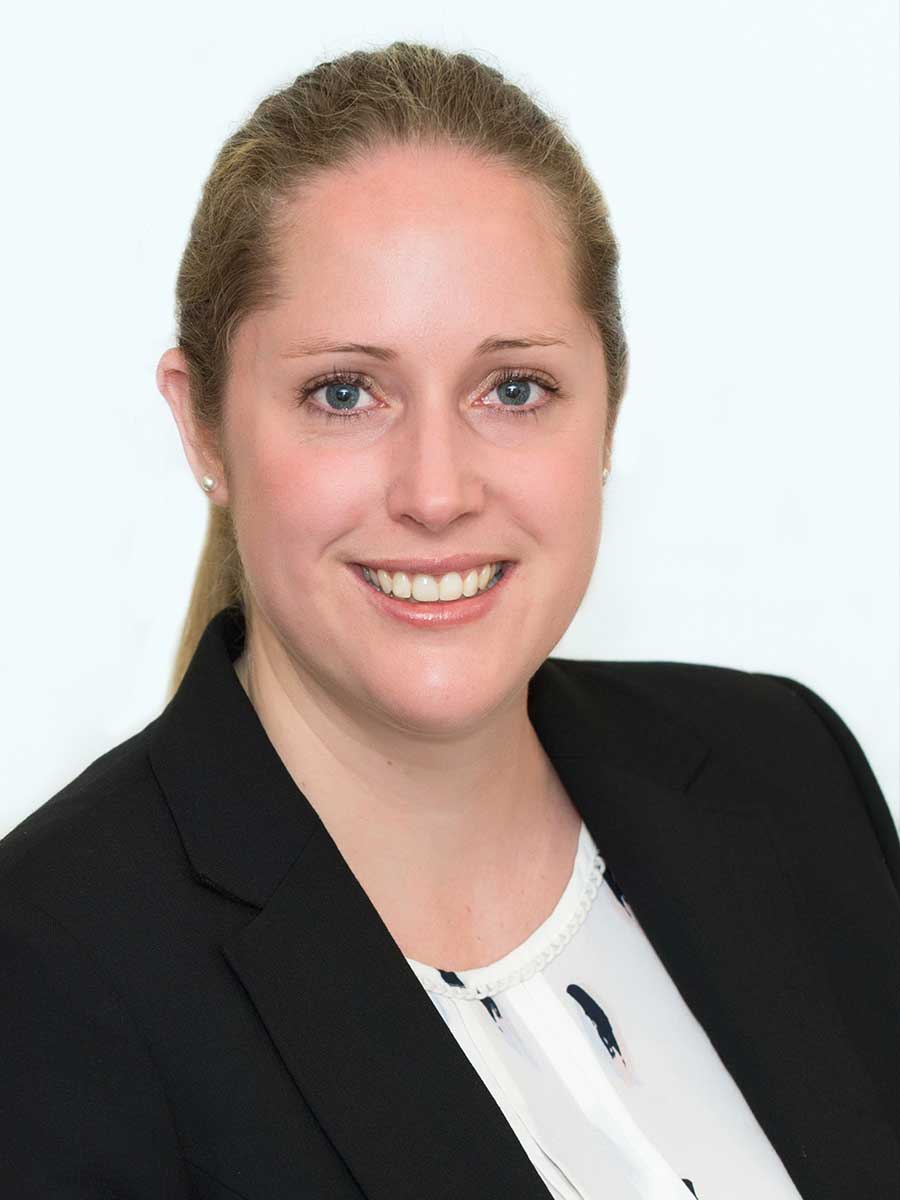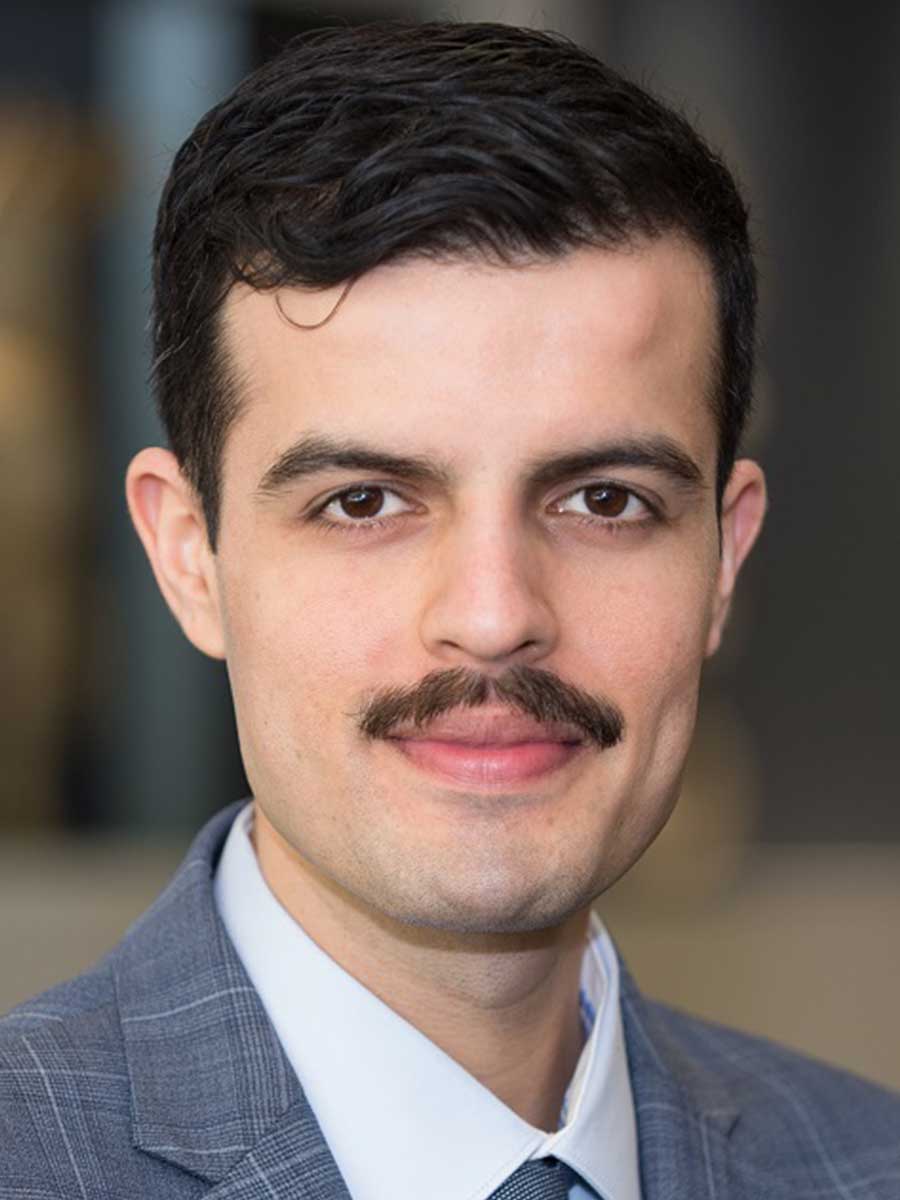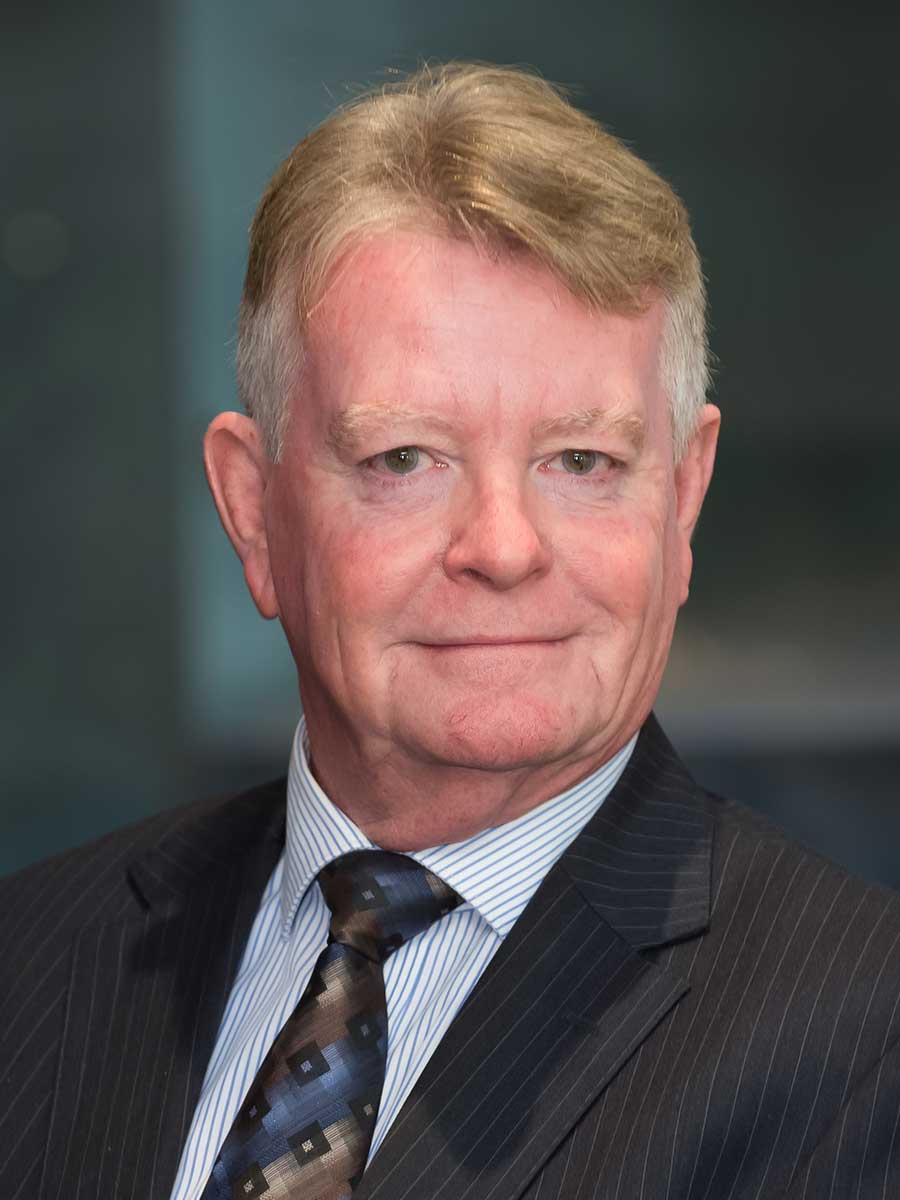The knock-on effects the COVID-19 pandemic has had on the superannuation system present an ideal opportunity for young women to begin to better engage with the sector, according to ATO assistant commissioner Sonia Corsini.

In celebrating International Women’s Day and recognising the tremendous efforts made by women and girls around the world to shape a more equal future in all areas of life, it’s also a good time to discuss super for women.
Speaking on the ATO’s Tax inVoice podcast, ATO assistant commissioner Sonia Corsini said when talking about a financially equal future for women, it doesn’t only mean equal pay, but also equality in what women can expect in savings for retirement through Australia’s super system.
“For many of us, a super is our biggest asset, and for some, it's the only asset we have,” she said.
“For a number of reasons, including time out of the workforce to have and care for children, women often have less super than men when they retire. Although we represent almost half of the workforce, over 47 per cent, we retire with less super than men, generally a difference of around $90,000.
“So, I think it’s definitely a common knowledge gap not only among those who come to Australia afresh, but also growing up here as well, considering it’s such an important asset over our lifetime and particularly for women to make sure they’re looked after and in retirement.”
Also speaking on the podcast, Mariam Mohamed, co-founder of MoneyGirl, said the super system can seem very complex for women just entering the workforce and the common challenges arise when engaging and understanding how to grow and build their super.
“I think the first challenge, whenever we do the superannuation workshop at MoneyGirl, is always that young women haven’t realised how many super accounts they have because they didn’t really understand what super is and how it works,” Ms Mohamed said.
“Once they have learnt that, they then look back and realise they have three super accounts open with three different super funds.
“And so then they start thinking about, OK, that means I am paying fees in three different super funds and maybe it is time to consolidate. A lot of them don’t even know anything about their super, like where it is, how much it is. So, the first step there is that they actually have to find their lost super, right?”
Ms Mohamed said another hurdle is that even for the people who do understand how super works, they never think about checking that their employers past and present are across the facets that come with it.
“Because, again, people just stay so hands-off with super, they just imagine everything is happening automatically in the background,” she said.
Ms Corsini said there is quite often a tendency to take a “leap of faith” type of approach in this respect.
“You just assume that everything’s ticking along in the background without really thinking about the fact that maybe super isn’t being paid by your employer, you know? You put trust in them and it’s certainly something that unfortunately does happen.”
Ms Corsini said it’s more important than ever for young women to start looking closer into super. In particular, she advised they look back on the last 12 months, with the pandemic adding another challenge.
“We know that there has been this additional impact on people’s super either because they have lost their job or have had the employment hours reduced or they’ve had to take time out of the workforce to homeschool their children and things like that,” Ms Corsini said.
“And on top of that — the reduction in super going into some people’s accounts, some individuals also accessed their super early to help them get through it.
“So, it’s more important than ever, I think, to have this conversation. And we know that people in the general low-wage industries where it hits pretty hard during the pandemic, it is going to be a challenge to rebuild their super.
“And I don’t want to paint a completely grim picture. It’s not all doom and gloom because there are things that women can do now to start to get their super on track, to start to not only recover from the pandemic and the impact that has had on superannuation, but also look forward to building super into the future.”
Tony Zhang
05 March 2021
smsfadviser.com


